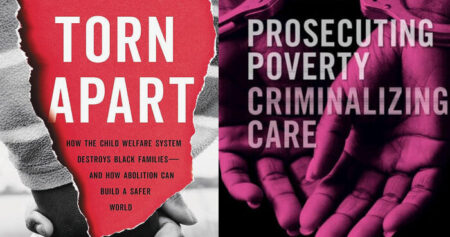
How Can Academic Research Support Non-Reformist Reforms?
What is the relationship between “non-reformist reforms” and academic research? Scholars can, of course, write about the legislation and policy that they believe will advance transformative change. Yet the way a group seeks reform – how a group organizes and fights for political change – is as important, if not more, than the substance of the reform. Scholarship should thus highlight and analyze the work of organizers on the ground who are indispensable to achieving transformational change.





